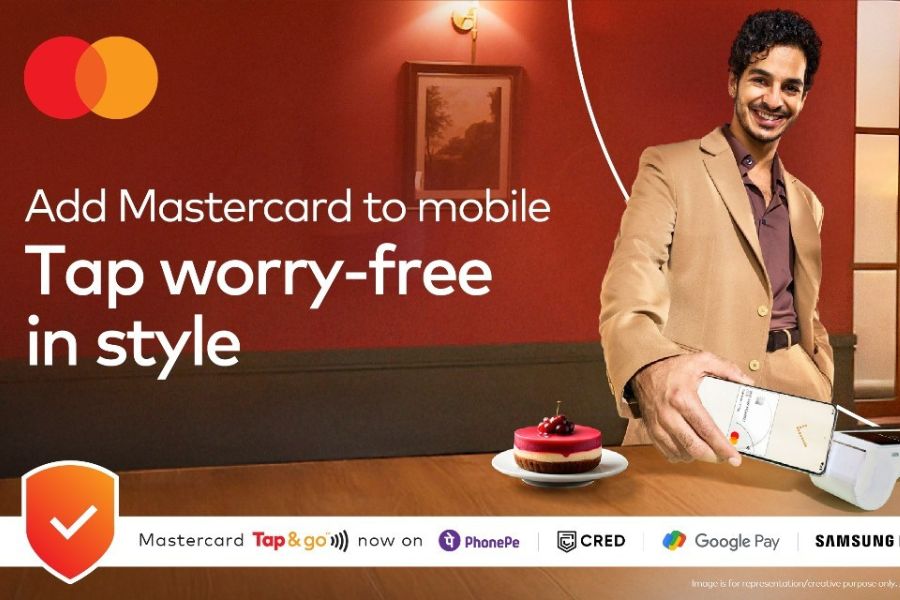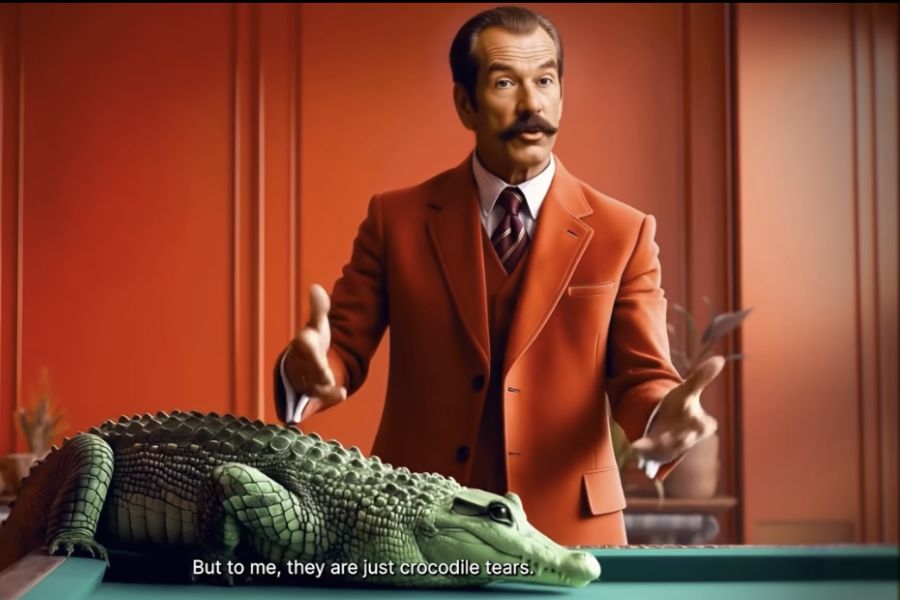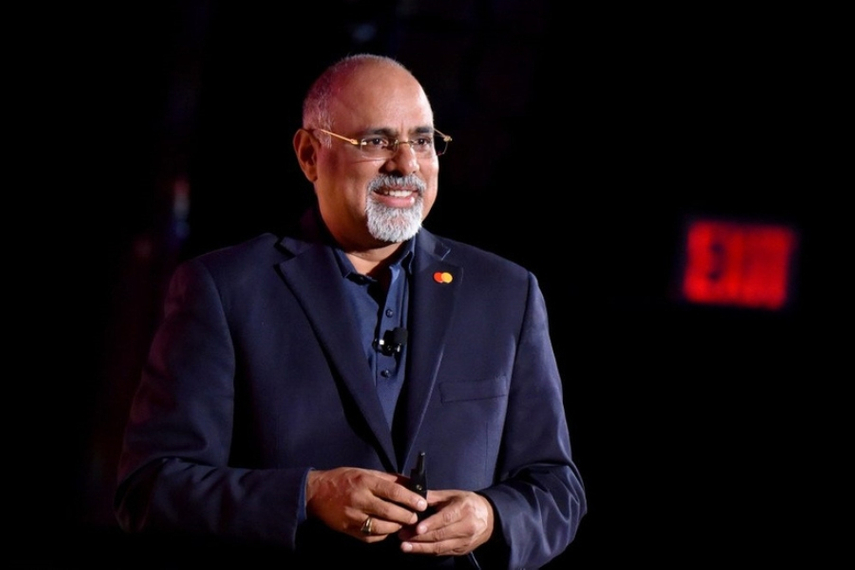Mastercard has introduced its latest campaign, ‘Tap Your Phone, Pay in Style’, aimed at promoting the convenience and assurance of mobile contactless payments. The initiative positions 'Tap & Go' technology as a blend of speed, security and ease, reflecting how simple payment interactions can enhance everyday routines.
The campaign, designed for digitally inclined consumers, highlights the lifestyle appeal of mobile tapping by showing how payments can be seamlessly integrated into daily behaviour. Ishaan Khatter, whose film Homebound is India’s official entry for the 98th Academy Awards, and Tollywood actor Krithi Shetty lead the communication through five cinematic films. Each film portrays routine transactions as expressive and personalised moments, reflecting the pace and confidence of modern India.
The rollout is structured in five phases, beginning with teasers across digital platforms, followed by the release of the main films. Weekly content pushes will sustain engagement. Creators across finance, lifestyle, fashion and entertainment will share their own tap experiences through Instagram Reels, stories and YouTube Shorts. Interactive challenges, quizzes and user-led content are intended to embed Tap & Go behaviour among Gen Z and millennial audiences.
Mastercard is collaborating with issuing banks, merchant networks and retail partners to expand access to mobile contactless payments. The technology combines speed, simplicity and security, encouraging users to tap with confidence. As part of the wider activation, Mastercard will set up ‘Tap Zones’ in high-footfall restaurants, cafes and retail spaces, enabling consumers to experience the payment process directly.
Lavani Agarwal, vice president, marketing and communications, South Asia, Mastercard, said that consumers expect technology to integrate smoothly into daily life, and mobile contactless payments meet this demand. McCann Worldgroup India is leading the creative development. Prasoon Joshi, CEO and CCO, said the objective was to transform the tap gesture into a form of self-expression, aligning with the cultural shift toward personalised payment experiences.




